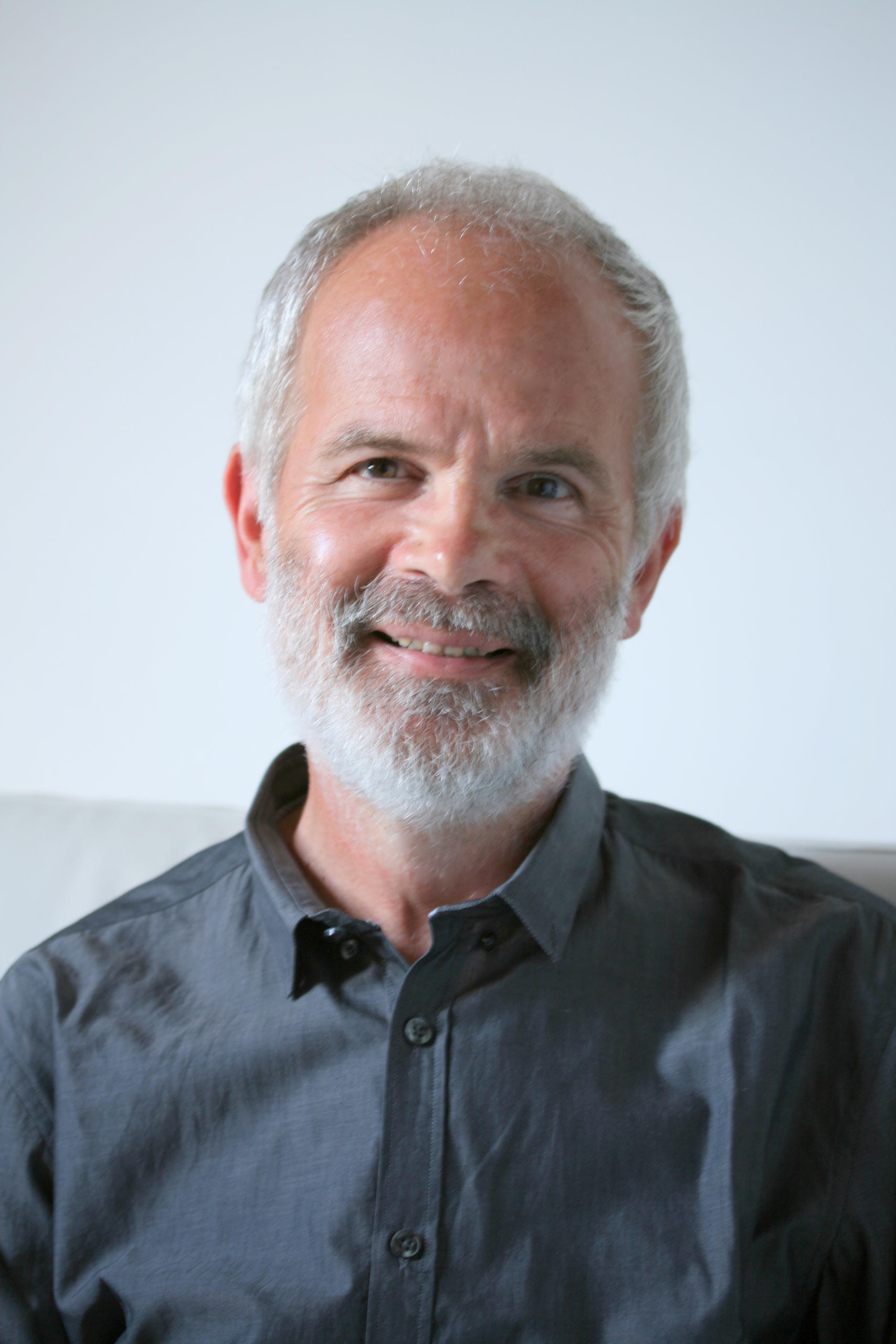
Maybe you are bilingual after all!
How good is your German, French or Italian? Immigrants in Switzerland have differing experiences trying to master one of the national languages. Linguistic expert François Grosjean explains that you should take heart, even if you never reach ‘native-like fluency’.
“No, I’m not bilingual; I’m not fluent in all my languages”;
“I don’t consider myself bilingual since I don’t know how to write my other language”;
“I didn’t grow up with two languages, so I’m not bilingual”;
“I have an accent in Spanish so I can’t be considered bilingual” …..
I have heard such remarks repeatedly and I have always been dismayed that so many bilinguals depreciate their language skills.
The main reason is that the criterion of how fluent bilinguals are in their languages has long been dominant in how we characterize them. Even some linguists have put it forward as the defining characteristic. Hence, the American linguist, Leonard Bloomfield, stated that bilingualism is the native-like control of two languages.
Real bilinguals?
The “real” bilingual has long been seen as the one who is equally, and fully, fluent in two languages. He or she is the “ideal”, the “true”, the “balanced”, the “perfect” bilingual. All the others – in fact, the vast majority of bilinguals – are “not really” bilingual or are “special types” of bilinguals.
This two-monolinguals-in-one-person view has been assumed and amplified by many bilinguals themselves who either criticize their own language competence, or strive to reach monolingual norms, or even hide their knowledge of their weaker language(s).

Over the years, I have defended a different, holistic, view of the bilingualExternal link. It proposes that the bilingual is an integrated whole which cannot easily be decomposed into two, or more, separate parts. Bilinguals are NOT the sum of two, or more, complete or incomplete monolinguals; rather, they have a unique and specific linguistic configuration. The coexistence and constant interaction of the two or more languages in bilinguals has produced a different but complete language system.
Are you a ‘hurdler’?
The analogy I use comes from the domain of track and field. Hurdlers blend two types of competencies, that of high jumping and that of sprinting, into an integrated whole. When compared individually with sprinters or high jumpers, hurdlers meet neither level of competence, and yet when taken as a whole, hurdlers are athletes in their own right.
If one were to count as bilingual only those people who pass as complete monolinguals in each of their languages (they are a rarity), one would be left with no label for the vast majority of people who use two or more languages regularly but who do not have native-like fluency in each. The reason they don’t is quite simply that bilinguals do not need to be equally competent in all of their languages. They usually acquire and use their languages for different purposes, in different domains of life, with different people. This, I have called the Complementarity Principle. As I have explained over the years, it accounts for many phenomena such as language fluency, language dominance, translation skillsExternal link, etc.
One of the fathers of bilingualism research, Uriel Weinreich, a linguist in the second part of the 20th century, recognized that language use was a crucial variable in how we describe bilinguals. He proposed, along with Canadian linguist William Mackey, a more realistic definition of bilingualism – the alternate use of two or more languages. My own definition is very similar: bilinguals are those who use two or more languages (or dialects) in their everyday lives.
The child and the scientist
This other way of looking at bilinguals allows one to include people ranging from the professional interpreter who is fluent in two languages all the way to the established immigrant who speaks the host country’s language but who may not be able to read or write it. In between we find the bilingual child who interacts with her parents in one language and with her friends in another, the scientist who reads and writes articles in a second language (but who rarely speaks it), the member of a linguistic minority who uses the minority language at home only and the majority language in all other domains of life, the Deaf person who uses sign language with her friends but uses the written form of the spoken language with a hearing person, and so on. Despite the great diversity that exists between these people, they all lead their lives with more than one language.
This more recent, and more realistic, view of bilingualism has allowed many people who live with two or more languages to accept who they are – bilingual, quite simply. They represent at least half of the world’s population, if not more, and it is no wonder, therefore, that the languages sciences have finally given them the importance that they deserve.
This is the revised version of a post which first appeared in François Grosjean’s Psychology Today blog, “Life as a bilingualExternal link“.
The views expressed in this article are solely those of the author, and do not necessarily reflect the views of swissinfo.ch.
Opinion series
swissinfo.ch publishes op-ed articles by contributors writing on a wide range of topics – Swiss issues or those that impact Switzerland. The selection of articles presents a diversity of opinions designed to enrich the debate on the issues discussed.

More
Life as a bilingualism researcher in Switzerland

In compliance with the JTI standards
More: SWI swissinfo.ch certified by the Journalism Trust Initiative































You can find an overview of ongoing debates with our journalists here . Please join us!
If you want to start a conversation about a topic raised in this article or want to report factual errors, email us at english@swissinfo.ch.